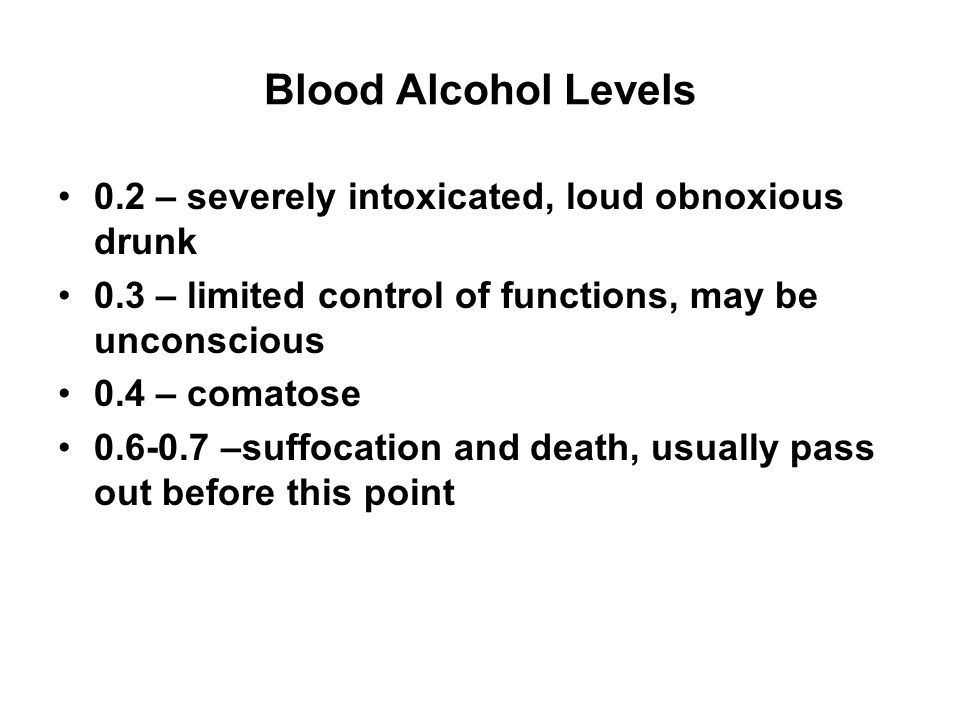Alcohol Consumption and Your Health
Drinking excessively can harm your health. Excessive alcohol consumption caused roughly 88,000 deaths for around 2.5 million years of potential life lost each year in the United State of America from 2006-- 2010, shortening the lives of those who passed away by an average of three decade. Further, excessive drinking was accountable for 1 in 10 deaths amongst working-age men and women aged 20-64 years. The economic costs of extreme alcohol use in 2006 were estimated at $223.5 billion, or $1.90 a drink.

Exactly what is a "drink"?
In the United States, a basic drink contains 0.6 ounces (14.0 grams or 1.2 tablespoons) of pure alcohol. Generally, this amount of pure alcohol is discovered in.
12-ounces of beer (5 % alcohol material).
8-ounces of malt liquor (7 % alcohol content).
5-ounces of wine (12 % alcohol content).
1.5-ounces of 80-proof (40 % alcohol content) distilled spirits or alcohol (e.g., gin, rum, vodka, bourbon).4.
What is excessive drinking?
Extreme drinking includes binge drinking, heavy drinking, and any drinking by pregnant ladies or individuals below age 21.
Binge drinking, the most typical type of drinking, is specified as consuming.
For ladies, 4 or more beverages throughout a single occasion.
For guys, 5 or more beverages throughout a single occasion.
Heavy drinking is specified as consuming.
For ladies, 8 or more beverages each week.
For guys, 15 or more drinks per week.
The majority of people who drink excessively are not alcoholics or alcohol reliant.5.
how to help someone who has relapsed
Exactly what is moderate drinking?
The Dietary Guidelines for Americans defines moderate drinking as no greater than 1 beverage daily for females and no greater than 2 drinks per day for guys.4 However, there are some persons who should not drink any alcohol, consisting of those who are:.
Pregnant or aiming to conceive.
When mixed with alcohol, taking prescription or over-the-counter medications that may cause dangerous responses.
Younger than age 21.
Recovering from alcoholism or are unable to control the amount they drink.
Dealing with a medical condition that might be aggravated by alcohol.
Driving, planning to drive, or participating in other activities needing alertness, ability, and coordination.
In addition, no one should start drinking or drink more based on potential health benefits.4 By sticking to the Dietary Guidelines, you can decrease the risk of damage to yourself or others.

Exactly what is a "drink"?
In the United States, a basic drink contains 0.6 ounces (14.0 grams or 1.2 tablespoons) of pure alcohol. Generally, this amount of pure alcohol is discovered in.
12-ounces of beer (5 % alcohol material).
8-ounces of malt liquor (7 % alcohol content).
5-ounces of wine (12 % alcohol content).
1.5-ounces of 80-proof (40 % alcohol content) distilled spirits or alcohol (e.g., gin, rum, vodka, bourbon).4.
What is excessive drinking?
Extreme drinking includes binge drinking, heavy drinking, and any drinking by pregnant ladies or individuals below age 21.
Binge drinking, the most typical type of drinking, is specified as consuming.
For ladies, 4 or more beverages throughout a single occasion.
For guys, 5 or more beverages throughout a single occasion.
Heavy drinking is specified as consuming.
For ladies, 8 or more beverages each week.
For guys, 15 or more drinks per week.
The majority of people who drink excessively are not alcoholics or alcohol reliant.5.
how to help someone who has relapsed
Exactly what is moderate drinking?
The Dietary Guidelines for Americans defines moderate drinking as no greater than 1 beverage daily for females and no greater than 2 drinks per day for guys.4 However, there are some persons who should not drink any alcohol, consisting of those who are:.
Pregnant or aiming to conceive.
When mixed with alcohol, taking prescription or over-the-counter medications that may cause dangerous responses.
Younger than age 21.
Recovering from alcoholism or are unable to control the amount they drink.
Dealing with a medical condition that might be aggravated by alcohol.
Driving, planning to drive, or participating in other activities needing alertness, ability, and coordination.
In addition, no one should start drinking or drink more based on potential health benefits.4 By sticking to the Dietary Guidelines, you can decrease the risk of damage to yourself or others.